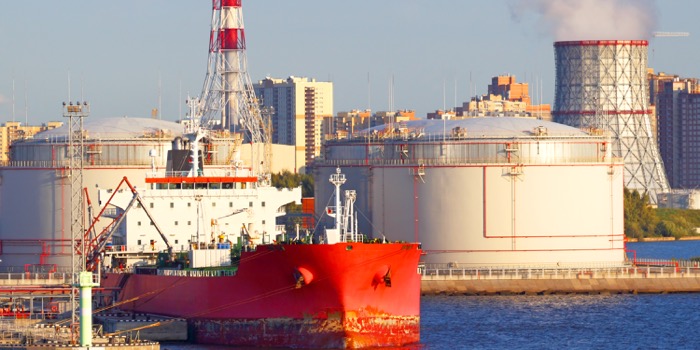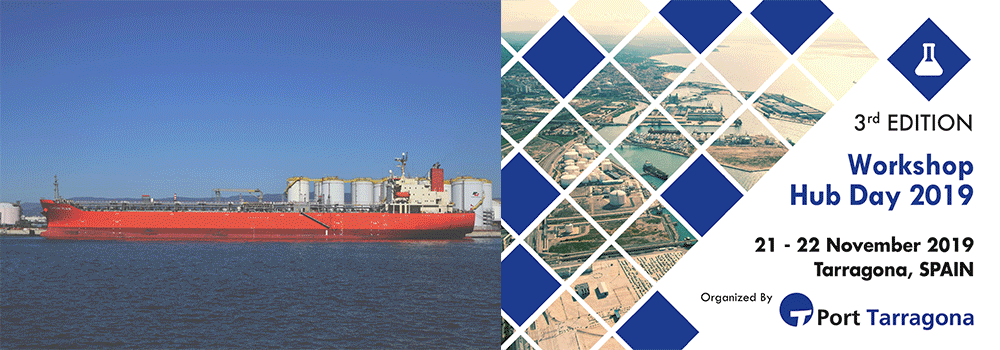Canada approves Oil Tanker Moratorium Act
In June, the Canadian Senate approved Bill C-48, the “Oil Tanker Moratorium Act,” a legislation that will formalise a moratorium on crude oil tanker traffic of a certain size in waters from the northern tip of Vancouver Island to the province’s border with Alaska. The bill also sets penalties for contravention of this moratorium.
The bill passed the Senate with 49 votes in favour, 46 against and one abstention. The passage of the bill in the Senate means it will now proceed to Royal Assent and become law.

Once in place, the bill keeps oil tankers that can carry more than 12,500 metric tonnes of product from “stopping or unloading crude oil or persistent oil, at ports or marine installations located along British Columbia’s north coast.”
The tanker exclusion zone dates back to a 1988 voluntary agreement between the Canadian Coast Guard, the United States Coast Guard and the American Institute of Merchant Shipping (now the Chamber of Shipping of America). The purpose of the zone is “to keep laden tankers west of the zone boundary in an effort to protect the shoreline and coastal waters from a potential risk of pollution.”
Recent debate around a tanker moratorium stems from the proposed Northern Gateway pipeline project, which would have transported 525,000 barrels per day of petroleum products from Bruderheim, Alberta, to Kitimat, B.C. In November 2016, the federal government directed the National Energy Board to dismiss the project, citing concerns about crude oil tankers “transiting through the sensitive ecosystem of the Douglas Channel, which is part of the Great Bear Rainforest.”
A legislated moratorium on crude oil tanker traffic on B.C.’s north coast was part of the mandate letter that the Prime Minister sent to the Minister of Transport at the start of the 42nd Parliament. The proposed moratorium is also part of the federal government’s broader Oceans Protection Plan.
For
Some stakeholders have expressed support for Bill C-48. For example, the Coastal First Nations – an alliance of First Nations on British Columbia’s north and central coasts, as well as on the archipelago of Haida Gwaii – published a news release stating that they “are pleased the proposed act prohibits large oil tankers carrying bitumen or synthetic crude oils from landing at any port in the region.”
In a news release, West Coast Environmental Law (WCEL) stated that Bill C-48 “marks a critical step forward in efforts to protect the north Pacific coast from the risk of oil spills.” However, WCEL recommended that Transport Canada explain the rationale behind the 12,500-tonne threshold for the moratorium. It also suggested that the department release more information on past and present oil shipments in the region.
WCEL also raised concerns about clauses 6(1) and 6(2) of Bill C-48, stating that they “could allow wide-scale and long-term exemptions from the oil tanker ban to be ordered behind closed doors without opportunity for public review and input.”
Against
Some stakeholders are opposed to the moratorium itself. For example, the Chamber of Shipping of British Columbia has suggested that the proposed moratorium “contradicts … the federal government’s stated approach to environmental protection: evidence-based decision making” and “sends a very harmful signal to the international investment community.”
The Canadian Association of Petroleum Producers has argued that this proposed moratorium “could significantly impair Canada’s oil and natural gas resources from reaching new markets,” adding that such a moratorium also prevents Canada from “receiv[ing] fair market value for its resources.”
The Chief’s Council for the Eagle Spirit Energy Project – a First Nations-led energy corridor proposal that has the support of the affected communities in British Columbia and Alberta – has stated that “there has been insufficient consultation” on the proposed moratorium, which “does not have our consent.”
24th June 2019

















